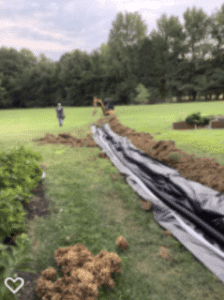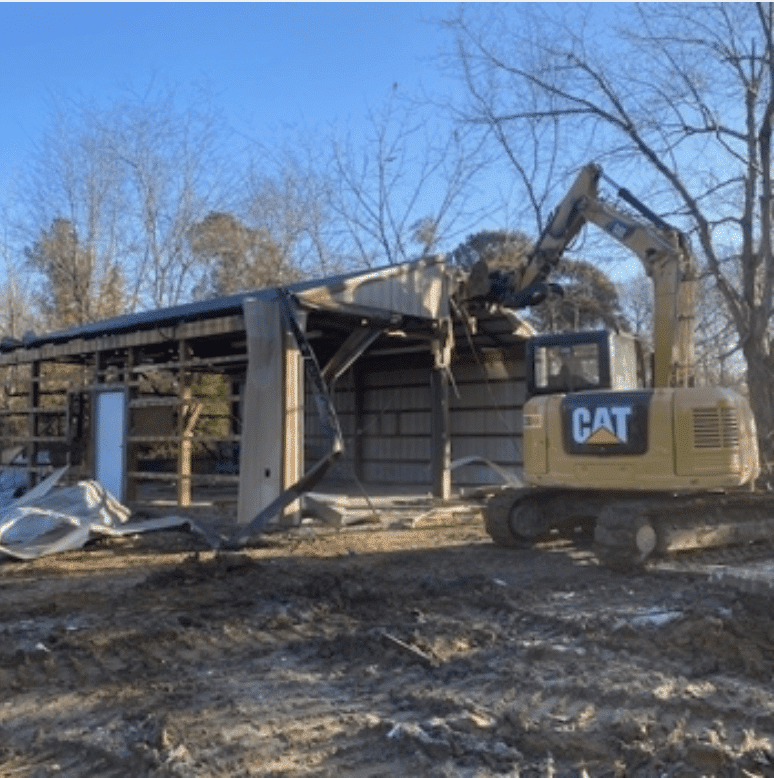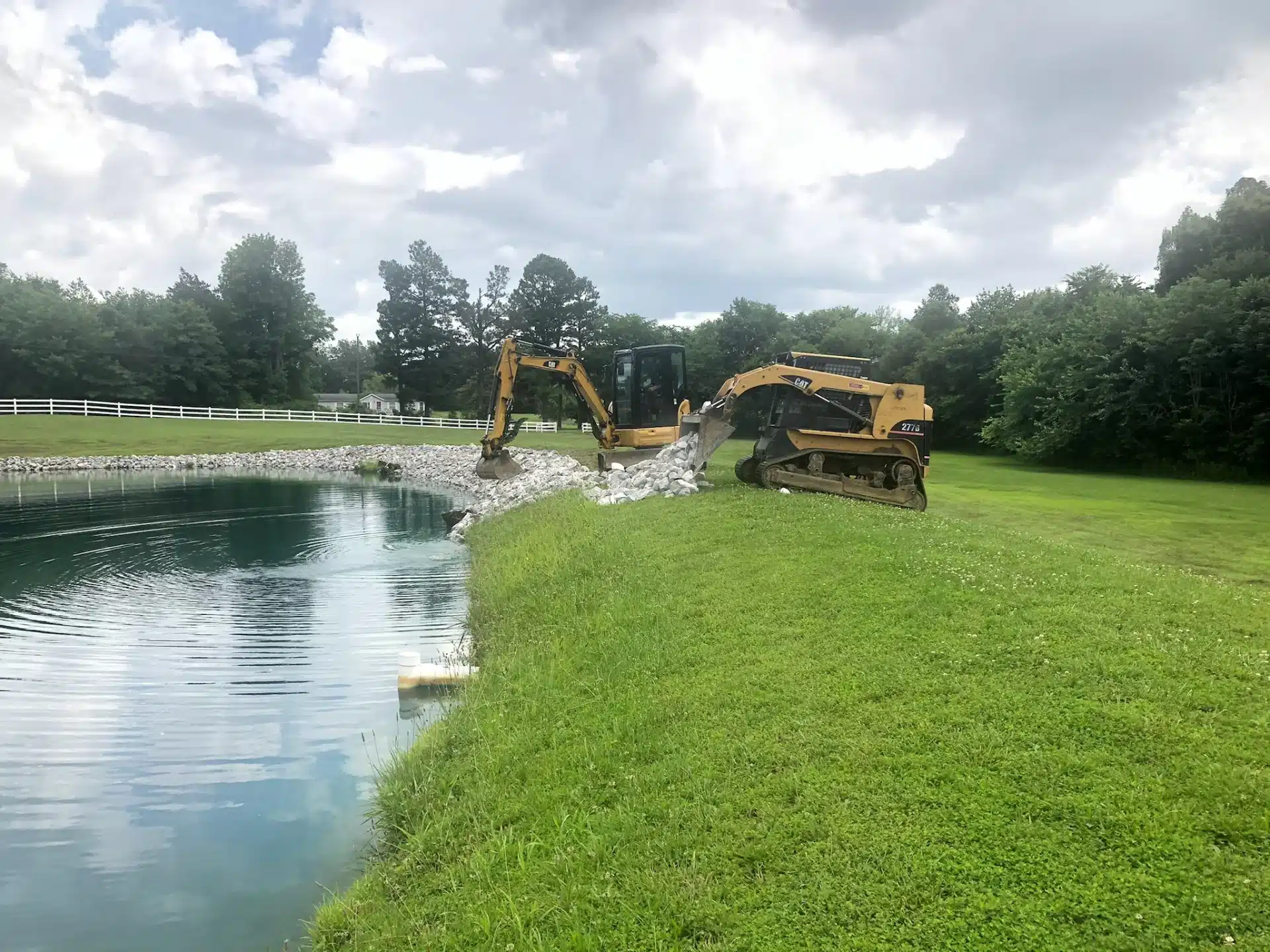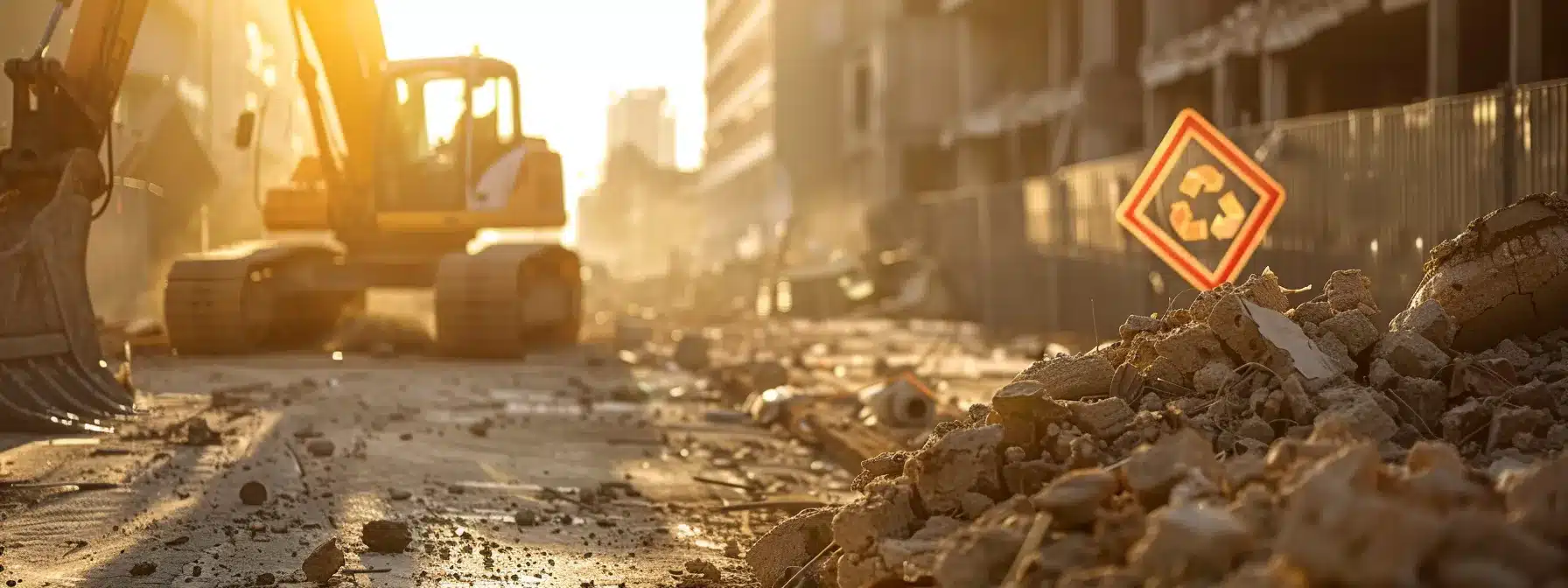Drainage Q&A: Is There an Alternative to a Sump Pump?
Protecting residential properties from flooding is a critical concern for homeowners. Water intrusion can cause severe structural damage, leading to extensive and costly repairs to restore a home to a safe, habitable condition. While installing a sump pump is widely recognized as an effective method to prevent basement flooding, it is not the only solution available.
Homeowners have access to various strategies to safeguard their properties against significant flood damage. Sump pumps are indeed a popular choice, but alternative drainage systems often receive less attention despite their potential for superior protection. These alternatives include French drains, well-designed gutter systems, and comprehensive waterproofing measures.
This article will delve into the functionality of sump pumps and explore alternative drainage solutions, examining how each option can be optimally utilized to protect residential properties. By understanding the strengths and applications of these different approaches, homeowners can make informed decisions to effectively safeguard their investments against water damage.
The discussion will encompass the mechanics behind these systems, their respective advantages, and considerations for determining the most suitable solution for specific property needs. Through this exploration, readers will gain valuable insights into creating a robust defense against flooding and its potentially devastating consequences.
What’s the purpose of a sump pump?
Primarily serving as a solution for those with basements prone to flooding, a sump pump is a popular drainage choice for many homeowners.
How Sump Pumps Work
A sump pump lives in your basement and pumps out excess water if it should gather. A basin carved into the floor holds the pump, which contains va
How does water get into the basement?
As professionals in this field, we’ve encountered many homeowners perplexed by the question of how water finds its way into their basements. The most common culprit behind basement water infiltration is poor drainage systems. When heavy rains occur, water can seep into the soil surrounding the foundation of a home. If the ground is not properly graded away from the house or if there are issues with gutters and downspouts directing water away from the foundation, this can lead to water pooling around the basement sump and eventually finding its way inside.
Another common avenue for water entry is through cracks in the foundation walls or floors. Over time, the concrete in a basement can develop cracks due to pressure from the surrounding soil, temperature changes, or even settling of the house. These cracks provide a direct pathway for water to infiltrate the basement, especially during heavy rainfall or when the water table is high. Additionally, inadequate or damaged waterproofing membranes or sealants can also contribute to water intrusion issues in basements.
To prevent water from seeping into the basement, it’s crucial to ensure proper grading around the foundation, maintain functioning gutters and downspouts, and address any cracks or vulnerabilities in the foundation promptly. By staying proactive and addressing potential water entry points, homeowners can protect their basements from water damage and maintain a dry and healthy living space.
What is a Sump Pit?
A sump pit is a crucial component in many residential and commercial buildings, particularly those in areas prone to flooding or high water tables. Essentially, a sump pit is a small, pit or basin located in the lowest part of a basement or crawl space that collects excess water from the surrounding soil or drainage system.
The primary role of a sump pit is to prevent water damage by collecting and redirecting excess water away from the building’s foundation. This is typically achieved with the help of a sump pump, which is installed inside the pit to automatically pump out the collected water when it reaches a certain level. By effectively managing water accumulation, sump pits help prevent basement flooding, dampness, and mold growth, ultimately protecting the structural integrity and habitability of the building. Regular maintenance and proper installation of a sump pit system are essential to ensure its optimal functioning and longevity in safeguarding the property against water-related issues.
How Do You Know If you Need a sump pump?
One of the most common indicators is a basement or crawl space that is prone to flooding or consistently damp. Water collecting in these areas can be a major red flag, suggesting poor drainage or an issue with the foundation that requires intervention. Additionally, if you notice a musty odor or see mold growth in your basement, it’s likely a result of excess moisture – a problem that a sump pump can help alleviate.
Another key sign that you may need a sump pump is the presence of cracks in your foundation or walls, as these can allow water to seep in during heavy rains or when the water table is high. Furthermore, if you live in an area prone to heavy rainfall or experiencing frequent plumbing issues that lead to water accumulation in your basement, a sump pump can provide peace of mind and protect your property from water damage. By recognizing these signs and investing in a sump pump, you can proactively address potential water-related issues and safeguard your home from the damaging effects of excess moisture.
Are sump pumps reliable?
These devices are designed to effectively remove excess water from basements or crawl spaces, helping to prevent flooding and water damage in homes. Sump pumps are equipped with sensors that activate the pump when water levels rise above a certain point, ensuring timely and efficient water removal.
One critical factor in the reliability of sump pumps is proper installation and regular maintenance. It is crucial to have a professional plumber install the sump pump correctly to ensure it functions optimally when needed. Additionally, conducting routine inspections and maintenance checks can help identify any potential issues early on and prevent breakdowns during heavy rains or flooding events. By investing in a high-quality sump pump and maintaining it properly, homeowners can rely on this equipment to protect their properties from water damage consistently.
Why Sump Pumps May Not Be Right for Every Situation
While sump pumps may be effective for someone with a basement prone to flooding, they’re not the best or only option for a home. For starters, maintenance and repairs can be costly across its long lifespan.
Additionally, a sump pump can fail for multiple reasons including:
- Clogs
- Power outages
- Overworking
- Defective parts
Lastly, a sump pump is not able to stop the water from coming into your home; rather, it is a solution for once your home is already flooded.
Sump Pump Alternatives
When it comes to preventing basement flooding, sump pumps are often the first solution that comes to mind. However, many homeowners are unaware that there are alternative options available that can be just as effective in keeping their basements dry. One popular alternative to traditional sump pumps is a battery backup sump pump system. This system operates on a battery-powered pump that kicks in when the main pump fails or in the event of a power outage. By having a backup system in place, homeowners can have peace of mind knowing their basement will remain protected even during unforeseen circumstances.
Another innovative alternative to traditional sump pumps is a water-powered sump pump. This type of pump uses water pressure from the municipal water supply to pump water out of the basement. This can be a cost-effective option for homeowners who want a reliable backup system without the need for batteries. Additionally, water-powered sump pumps are eco-friendly and require minimal maintenance, making them a convenient choice for those looking for a sustainable solution.
Incorporating sump pump alternatives can provide homeowners with a more comprehensive approach to basement flood prevention. Whether it’s a battery backup system or a water-powered pump, these alternatives offer reliable protection and peace of mind for homeowners looking to safeguard their basements against water damage. By exploring these options, homeowners can choose the solution that best fits their needs and preferences, ensuring a dry and secure basement for years to come.
There are, however, other ways to keep water away from your home and out of your basement. These not only protect your home, but your yard and the surrounding property as well.

French Drains
These drains consist of a trench with a sloped pipe. This hidden pipe drains water away from especially wet areas and brings it to the designated draining location. French drains are discreet and effective at redirecting water away from the structure of your home, though there is a chance it may not collect all the water in the event of extreme flooding.
They are also a great way to stop erosion in your landscaping!
Waterproofing
An important component of keeping water out of your home is proper waterproofing. Depending on the age of your home, there is a chance that the caulking is outdated, cracked, damaged, or was done improperly, leading to water damage.
Try to identify where the water is leaking, grab some water-proof caulk, and create a new, better seal.
Yard Grading
While changing the shape of your yard may seem like a huge project, the right team will complete it swiftly and properly. By grading your property with our excavation services, we can redirect water away from your home and to a sump that can handle an excessive amount of water.
Landscaping
A great way to control drainage on your property while also making it look beautiful is through landscaping. Planting trees, shrubs, and other vegetation could help with stopping and diverting excess water.
A great landscaping team will customize your drainage solutions to fit your property. There is no one-size-fits-all drainage system!
Reduce exterior and interior drainage problems with Supreme Enterprises
Supreme Enterprises excels in addressing a wide range of exterior and interior drainage issues with precision and expertise. Our team is equipped to handle problems such as improper grading, water pooling, and ineffective drainage systems by implementing tailored solutions such as French drains and proper slope gradients. Utilizing cutting-edge techniques and technology, we ensure efficient and cost-effective resolution of exterior drainage issues.
In addition, Supreme Enterprises specializes in tackling interior drainage concerns like basement flooding, moisture buildup, and mold growth. Through strategic solutions like interior French drains, sump pump installations, and waterproofing measures, we effectively protect your property from water-related damage and create a dry and secure living environment.
For more in-depth information on our drainage solutions, we invite you to explore our comprehensive guide designed to prepare your property for heavy rainfall.
With Supreme Enterprises by your side, you can rest assured that your exterior and interior drainage problems will be handled with precision and care, ensuring long-lasting results and peace of mind. Trust us to deliver superior quality workmanship and customer service that exceed your expectations.
Supreme Enterprises LLC is prepared to give your yard a whole new look with a proper draining system with our excavation and sump pump solutions. With our qualified and experienced team, your home is in good hands. Give us a call at or contact us online to get started!












